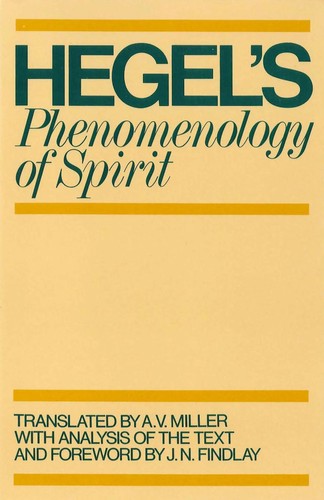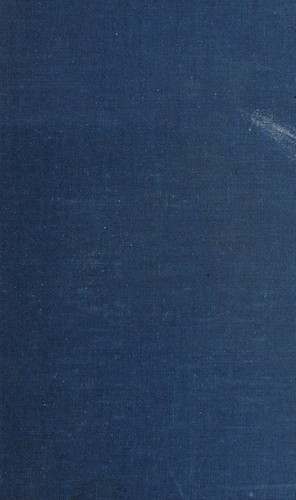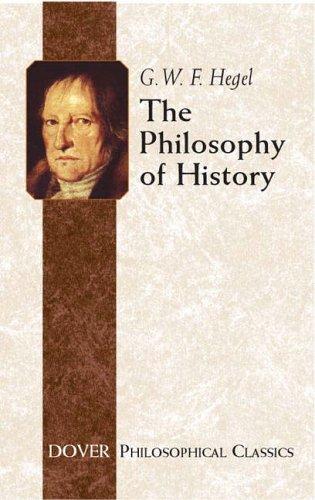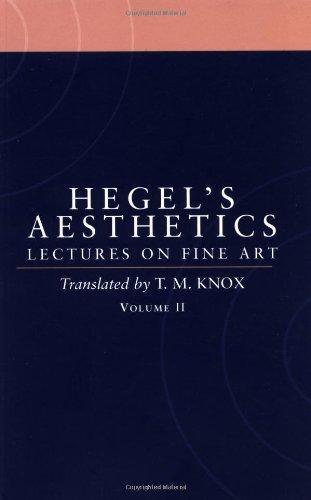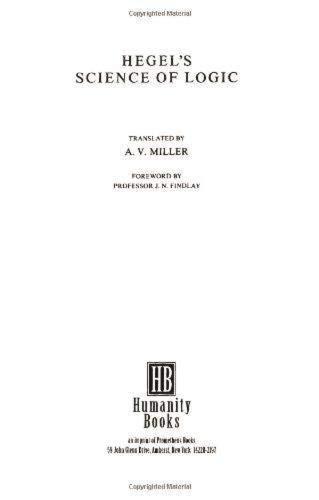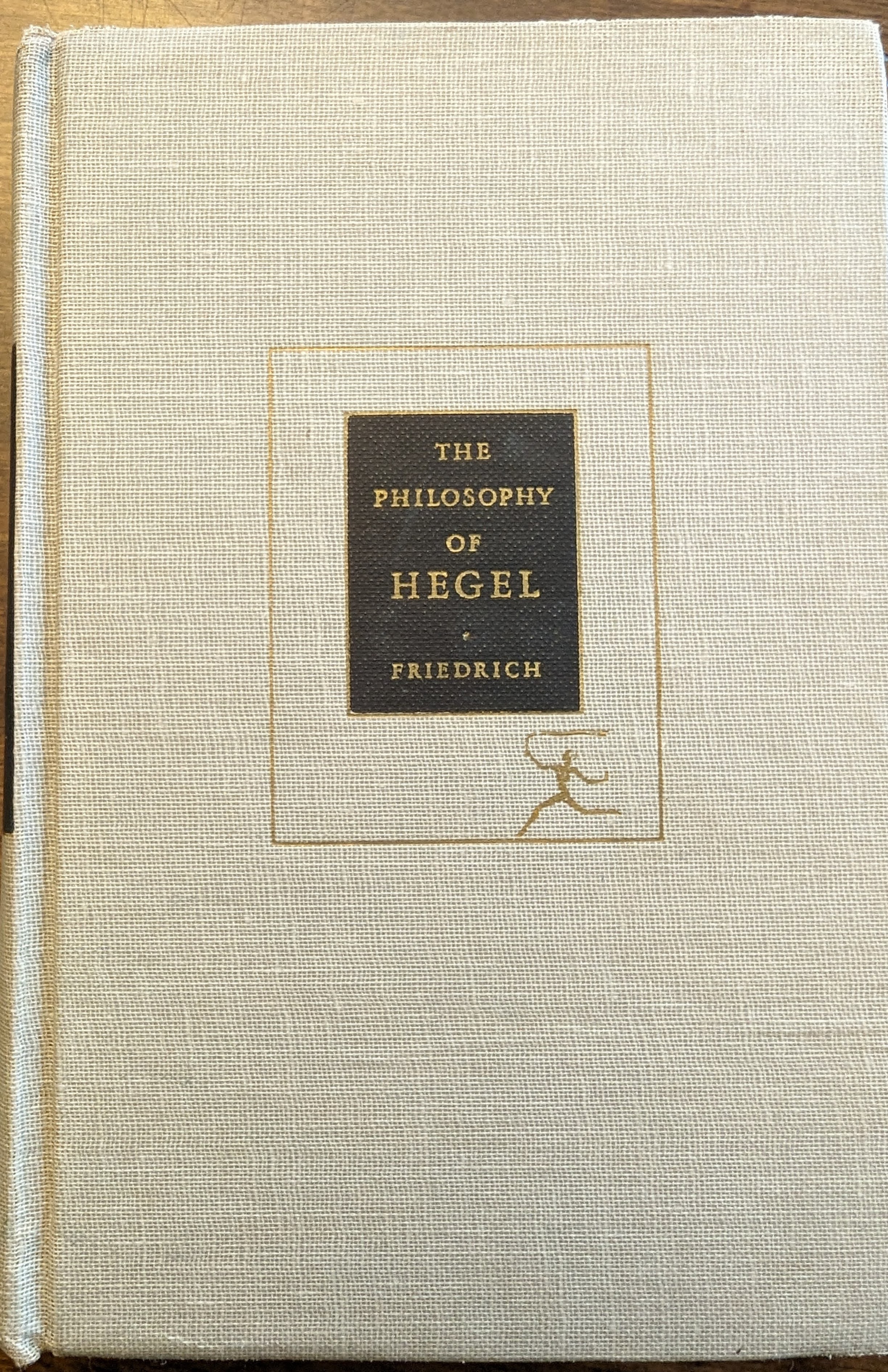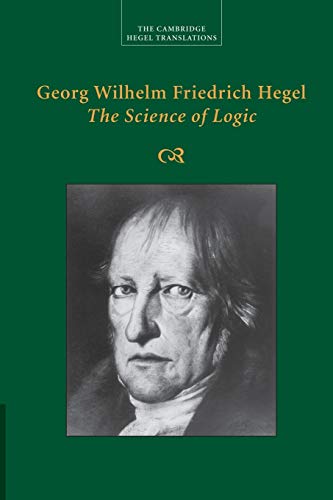Georg Wilhelm Friedrich Hegel (; German: [ˈɡeːɔʁk ˈvɪlhɛlm ˈfʁiːdʁɪç ˈheːɡl̩]; 27 August 1770 – 14 November 1831) was a German philosopher. He is considered one of the most important figures in German idealism and one of the founding figures of Modern philosophy, with his influence extending from epistemology, logic, and metaphysics to aesthetics, philosophy of history, philosophy of religion, and the history of philosophy.Hegel's principal achievement was the development of a distinctive articulation of idealism, sometimes termed absolute idealism, in which the dualisms of, for instance, mind and nature and subject and object are overcome. In contrast to Immanuel Kant, who believes that the subject imposes rational a priori pure concepts of understanding upon the sense-data of intuitions, Hegel believes that the pure concepts are grounded in reality itself. Pure concepts are not applied subjectively to sense-impressions, but rather things exist for their concept. The unity of concept and reality is the idea. The idea itself is dynamic, active, self-determining, self-moving, and purposive. The idea properly exists as life. In life, the parts of the body are unified for the final cause of actualizing the living organism. Non-organic nature is also grounded in the concept, but is only "latent" and …
Georg Wilhelm Friedrich Hegel
Author details
- Aliases:
-
Георг Вільгельм Фрыдрых Гэгель, G. V. Fr Chegel, Georgs Vilhelms Frīdrihs Hēgelis, and 162 others
ヴィリヘルム・フリードリッヒ ヘーゲル, Ġiyūrġ Filhilm Fridrīš Hīġil, Khegel, Georg W. F. Hegel, גאורג וילהלם פרידריך היגל, Георг Һегель, హెగెల్, Georg Wilhelm F. Hegel, 黑格爾, Georgius Wilhelmus Hegel, .. Chenkel, گئورگ ویلهلم فریدریش هگل, G. W. F. Hēgeru, Giorgio G. F. Hegel, Gegel', Wilhelm Friedrich Hegel, Hīghil, Գեորգ Վիլհելմ Ֆրիդրիխ Հեգել, Hegel Georg Wilhelm Friedrich, G. W. F. Higil, G.V. F. Gegel', P'µuridµurihi Hegel, Wilhelm Friedrich Georg Hegel, .. Hēgeru, .. Chegel, گيورگ ويلهېلم فرېدرېش هېگل, Georgas Hγegelis, Gueguel', هيجل، جورج،, Friedrich Hegel, .. Gegel, จอร์จ วิลเฮล์ม ฟรีดริช เฮเกิล, Giorgio Hegel, هگل, .. Hegel, Heige'er, Георг Хегель, P'ŭridŭrihi Hegel, .. Hīġil, Гегель, هيغل، فريدريك،, גורג ווילהלם פרדריך היגל, ਜਾਰਜ ਵਿਲਹੇਮ ਫਰੈਡਰਿਕ ਹੀਗਲ, Георг Вильгельм Фридрих Гегель, 乔治·威廉·弗里德里希 黑格尔, هيجل، فريدريك،, هيغل، جورج فلهلم فريدريش،, הגל, Gʼūrg Vīlhim Frīdrīsh Higil, .. Heige'er, Hēgeru, Γκέοργκ Βίλχελμ Φρήντριχ Χέγκελ, گورگ ویلہم فریدریچ ہیگل, G. W. F Hegel, ፍሬዴሪክ ሄግል, גיורג וילהלם פרידריך היגל, G. V. F. Hegel, Georg Wilhem Friedrich Hegel, Георг Вільгельм Фрыдрых Гегель, جورج فلهلم فريدريش هيجل،, Hījil, G. V. Gegel, Heigeer, גאורג וילהלם פרידריך הגל, Γ Χέγκελ, Георг Вільгельм Фрідріх Гегель, Gegel Georg Vilgelm Fridrix, George Wilhelm Friedrich Hegel, G.W.F. Hegel, Georg Vilhelm Pʹridrix Hegeli, Georg Vilʹgelʹm Fridrich Gegelj, Ґеорґ Вілгелм Фрідріх Геґел, .. Higil, گئورگ ویلهلم فریدریش هگل, געארג ווילהעלם פרידריך העגל, გეორგ ვილჰელმ ფრიდრიხ ჰეგელი, هيجل، جورج ويلهيلم فريدريك،, ゲオルク・ヴィルヘルム・フリードリヒ・ヘーゲル, Georg Wilhelm Friedrich Heyel, .. Hegelos, Hei Ge Er, Wilhelm F. Hegel, J. W. F. Hegel, Hegelo, Georg Wilhelm Friederich Hegel, Hei ge er, ヘーゲル ゲオルク・ヴィルヘルム・フリードリヒ, .. Egelos, Geʾorg Ṿilhelm Fridrikh Hegel, Georgas Hėgelis, Gkeornk Chenkel, ہیگل, Hegeru, Georg Vilhelm-Fridrix Hegel, 格奥尔格·威廉·弗里德里希·黑格尔, هيغل، غيورغ فلهلم فريدريش،, Georgius W. Hegel, .. Ḥīǧal, Ge. Wilh. Fr Hegel, Georg Hegel, Г. В. Ф Гегель, Federico Guillermo Hegel, ג.ו.פ הגל, Georg Vilhelm Fridrih Hegel, György Vilmos Frigyes Hegel, Hei-ko-erh, 黑格尔, Georg Vilʹgelʹm Fridrich Gegelʹ, जोर्ज विल्हेम फ्रेडरिच हेगेल, G.W.F. ヘーゲル, Hijil, Georg Wilhelm Fridrich Hegel, ヘーゲル, Hegel, Highil, G.W. Friedrich Hegel, ഹേഗൽ, Georq Vilhelm Fridrix Hegel, Георг Вилхелм Фридрих Хегел, Ġeorġ Vil'hel'm Fridrich Heġel', جورج هيغل،, Georg Wilh. Friedr Hegel, هگل، گئورگ ويلهم فريدريش, هيجل، فريدريش،, غيورغ فيلهلم فريدريش هيغل, 게오르크 빌헬름 프리드리히 헤겔, G. W. F. Hegel, هيغل, Jorge Guillermo Federico Hegel, जर्ज विल्हेम फ्रेडरिक् हिगल, Ge. Wilhelm Fr Hegel, فرێدریش ھێگێل, G. W. Friedrich Hegel, G.W.F.ヘーゲル, Geuorgs Vėlhelms Frīdrėks Hegelės, גיאורג וילהלם פרידריך הגל, Georgius Guilelmus Fridericus Hegel, Georgius Wilhelmus Fridericus Hegel, Georg Friedrich Wilhelm Hegel, Vil'gel'm Fridrich Gegel', Chenkel, Georg Vil'gel'm Fridrih Gegel', Georg Gegelʹ, G. V. F. Gegel', Guillermo Federico Hegel, Георг Вильһельм Фридрих Гегель, Fridrich Gegelʹ, গেয়র্গ ভিলহেল্ম হেগল, எகல், गेओर्ग विल्हेल्म फ्रीडरीश हेगल, Georg Wilhelm Friedrich Hegel, Georg Vil'gel'm Fridrich Gegel', G. V. F. Gegelʹ, G. W.F. Hegel, .. Hīǧil, G. W. F ヘーゲル, Georg Vilchelm Fridrich Chegel, G. Hegel, G. Fr. W. Hegel, Georg Vilʹgelm Gegelʹ, Georg W. Hegel, Георг Вилгелм Фридрих Гегел - Born:
- Aug. 27, 1770
- Died:
- Nov. 14, 1831
External links
Georg Wilhelm Friedrich Hegel (; German: [ˈɡeːɔʁk ˈvɪlhɛlm ˈfʁiːdʁɪç ˈheːɡl̩]; 27 August 1770 – 14 November 1831) was a German philosopher. He is considered one of the most important figures in German idealism and one of the founding figures of Modern philosophy, with his influence extending from epistemology, logic, and metaphysics to aesthetics, philosophy of history, philosophy of religion, and the history of philosophy.Hegel's principal achievement was the development of a distinctive articulation of idealism, sometimes termed absolute idealism, in which the dualisms of, for instance, mind and nature and subject and object are overcome. In contrast to Immanuel Kant, who believes that the subject imposes rational a priori pure concepts of understanding upon the sense-data of intuitions, Hegel believes that the pure concepts are grounded in reality itself. Pure concepts are not applied subjectively to sense-impressions, but rather things exist for their concept. The unity of concept and reality is the idea. The idea itself is dynamic, active, self-determining, self-moving, and purposive. The idea properly exists as life. In life, the parts of the body are unified for the final cause of actualizing the living organism. Non-organic nature is also grounded in the concept, but is only "latent" and not fully self-determining. Geist, or Spirit, is the highest form of life and the idea. Geist is the collective purposive agency and genus of man. Geist is equally substance and subject, meaning that geist is not only a living organic substance, but also a subject involved in complex normative and social spaces. Hegel is also known for his dialectical logic, which is mostly contained within his Science of Logic. In this book, Hegel creates a presuppositionless logic of pure thought, which begins with pure being. In the logic, positions and ideas are examined and revealed to be immanently contradictory. The contradiction within the position and itself is sublated [aufgehoben], in which a new position is posited which negates the previous position's contradiction. An example of sublation is the contradictory nature of pure indeterminate being. Pure being is revealed to be both equal to and different from nothing. This contradiction within being is resolved with its sublation into becoming, in which nothing passes into being and being passes into nothing. However, becoming also reveals its own contradictions and is sublated into determinate being. The logic progresses along through contradictions and sublations until there are no more contradictions that can be sublated. This is the absolute, which for Hegel is the idea. Hegel influenced a wide variety of thinkers and writers. For example, theologian Paul Tillich wrote that the historical dialectical thought of Hegel "has influenced world history more profoundly than any other structural analysis." In his work Systematic Theology, Tillich referred to Hegel's work as "perfect essentialism," later writing "essentialism was in Hegel's system fulfilled." Karl Barth described Hegel as a "Protestant Aquinas" while Maurice Merleau-Ponty wrote that "all the great philosophical ideas of the past century—the philosophies of Marx and Nietzsche, phenomenology, German existentialism, and psychoanalysis—had their beginnings in Hegel." Michael Hardt has highlighted that the roots of post-structuralism and its unifying basis lies, in large part, in a general opposition not to the philosophical tradition tout court but specifically to the "Hegelian tradition" dominating philosophy in the twentieth century prior to post-structuralism.Hegel's work has been considered the "completion of philosophy" by some of the most influential thinkers in existentialism, post-structuralism, and twentieth-century theology. Jacques Derrida wrote of Hegel in his work Of Grammatology that "if there were a definition of Différance, it would be precisely the limit, the interruption, the destruction of the Hegelian dialectical synthesis wherever it operates." Martin Heidegger observed in his 1969 work Identity and Difference and in his personal Black Notebooks that Hegel's system in an important respect "consummates western philosophy" by completing the idea of the logos, the self-grounding ground, in thinking through the identification of Being and beings, which is "the theme of logic", writing "[I]t is... incontestable that Hegel, faithful to tradition, sees the matter of thinking in beings as such and as a whole, in the movement of Being from its emptiness to its developed fullness." Heidegger in various places further stated Hegel's thinking to be "the most powerful thinking of modern times."
